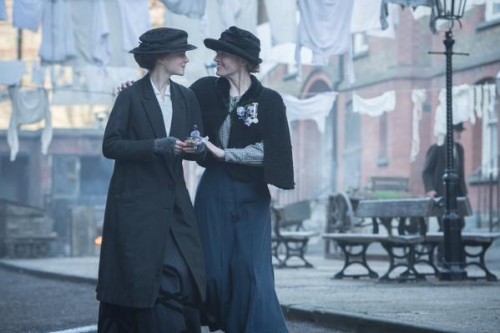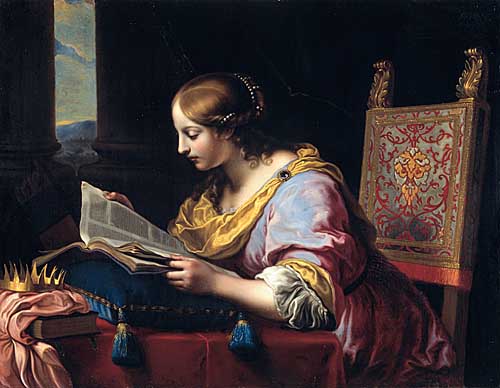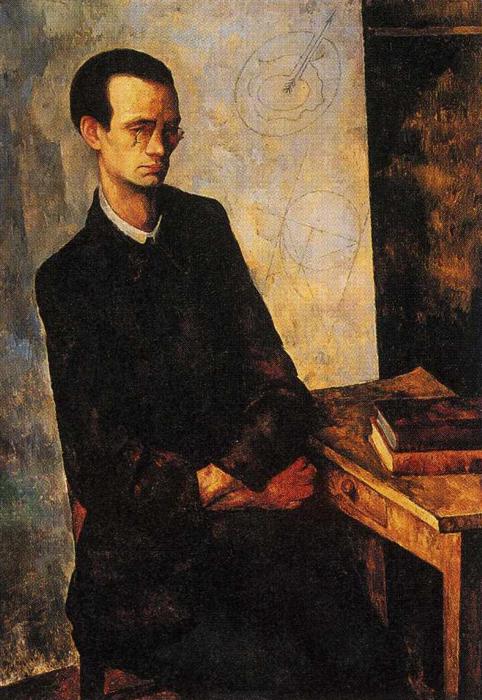Maedv O’Hlfearnain


Some of my fondest childhood memories are those of my father and me. He was lanky and handsome, his form topped by a thatch of thick black hair. I was his sidekick, and we were travelers, he and I, pioneers, wending through the small of time.
My father was a funny man, a storyteller, a three stooges one man show. And I would tumble behind him, over dirt paths and fields. And he told me things that I won’t forget, scripts from his own time, pictures that would stay with me for a very long time.
Memory is a sturdy thing, he might have said. And I would know just what he meant. Even then.
And my father was a collector, too. A dumpster diver extaordinaire. Trips to the town landfill were celebrated, especially when he turned up an unusally valuable find.
“Hey, Evelyn, I got somethin’ for ya,” he would shout to my mother, as he dragged an old Hoover through the front door.
It wasn’t just those big ticket items that he coveted, though. Dad found small things here and there. An old coin that rolled to the side of the road. A discarded piece of jewelry from another time. He would finger each item gently, as if to divine its memory. And then he would lower it into the crease of his front pocket. Each recovery was magical in a way that I still do not fully understand.
Still, no one is free of torment, of stilled memory that haunts. My father could tell you that, too, if he were still here.
Believers, in science, in faith, in the power of the divine, imagine a balm for angst, for memory that has swelled and crippled. Mystics and seers, shamans and medicine men, from the pre-Columbian Mesoamerican culture to leaders of the “rebirth” ceremonies of the Ancient Greeks, divined truth and light through the ages, salve to quiet the unsettled mind. Neuroscientists glean hope from studies of ancient rites and remedies, repurposed for the modern age.
Modern day shamans and healers sense memory of human trauma as continuum, as ancestry; recollection of resilience and shame. And individual memory itself is mosaic, a collaborative, reforming, again and again.
And still, the study of memory is as much art as science, a view toward the collaboration of self and the unknown. And memory itself is a rite of passage, one that endures; one that we each divine.
As he got older, my father talked about the agency of time; time as marauder, as force, energy that pulls and taunts; and moves us away from attachment to the the finite world. And he would finger the small things that were precious, again and again, and turn them around in the palm of his hand.
Was it time that was moving him slowly away, out of my line of sight?
I’ve been thinking about the things we keep, and what we leave behind. How we are collectors of dread and recompense, and all the things we will know in time.
And I am thinking about my father, the small things caught in the clasp of his hand; articles of faith, fleeting and sacred things. Small things I am waiting to recreate.

.


 Heffernan Research offers a range of English language tutoring options. Individual and small group sessions are available. Special classes on focused topics, such as essay writing, are also offered throughout the year. Margot works with ESL students as well as individuals who need to enhance specific English language skills.
Heffernan Research offers a range of English language tutoring options. Individual and small group sessions are available. Special classes on focused topics, such as essay writing, are also offered throughout the year. Margot works with ESL students as well as individuals who need to enhance specific English language skills.
 Margot Heffernan has solid and extensive experience writing about a broad range of medical topics. She uses her expertise to provide comprehensive and academically sound papers for medical malpractice, product liability, and personal injury lawyers as well as other professionals who need reliable medical information.
Margot Heffernan has solid and extensive experience writing about a broad range of medical topics. She uses her expertise to provide comprehensive and academically sound papers for medical malpractice, product liability, and personal injury lawyers as well as other professionals who need reliable medical information.